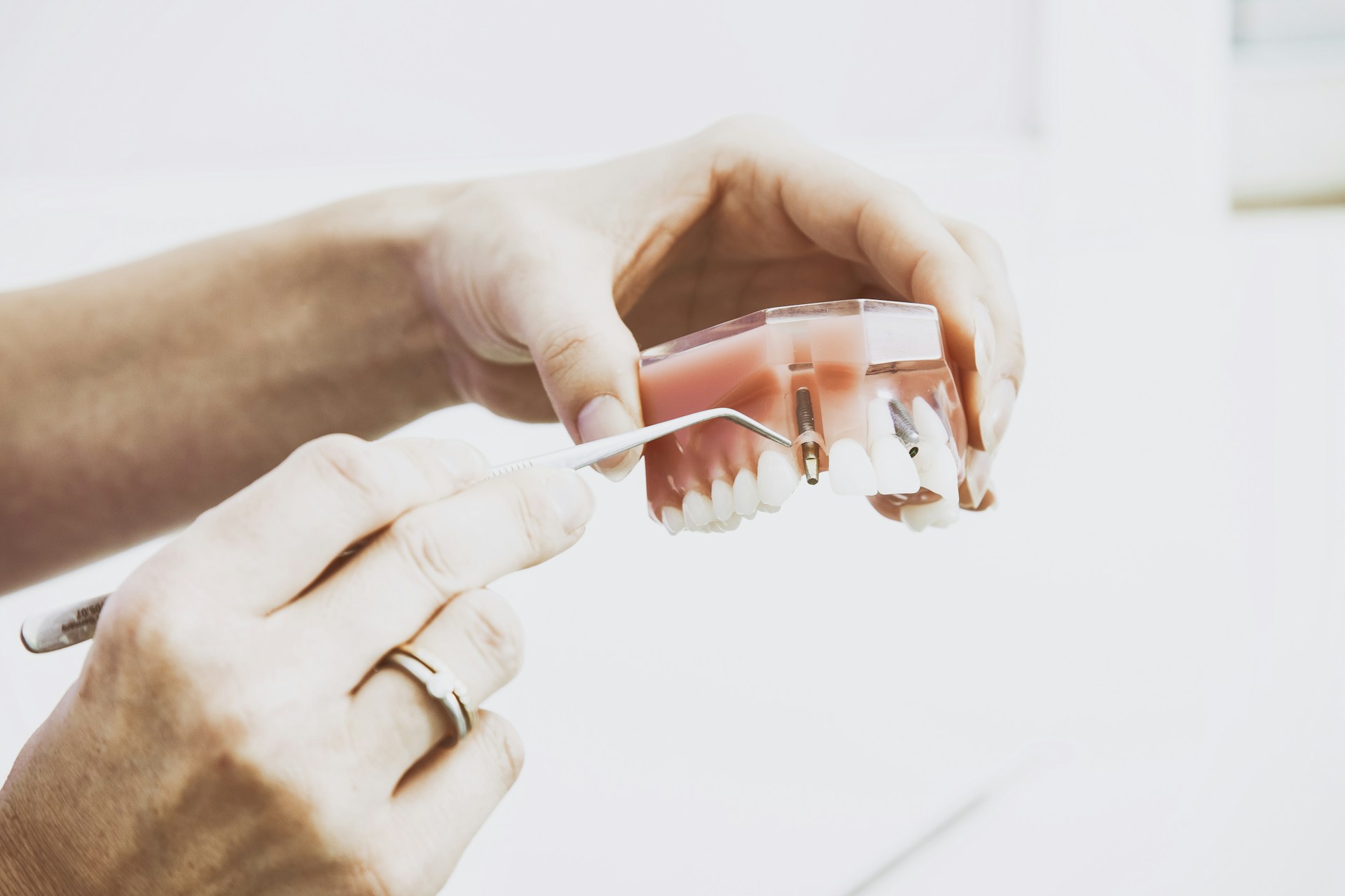
Benefits and Considerations of Using Mouthwash for Oral Hygiene
Discover the potential benefits and considerations of incorporating mouthwash into your oral hygiene routine. Find out if mouthwash is necessary for you.
1/3/20244 நிமிடங்கள் வாசிக்கவும்


Advantages of using a mouthwash :
Good oral hygiene is essential for maintaining a healthy mouth and preventing dental issues.
While brushing and flossing are the foundation of a solid oral care routine, many people wonder if using a mouthwash is necessary.
Improved understanding of infectious nature of dental diseases has dramatically increased interest in chemical methods of plaque control.
The most effective way of using mouthwash is to combine it with brushing and flossing.
You may think you can replace mouthwash for cleaning your teeth instead of taking out your brush and carry out brushing. But , mouthwashes alone is not effective in maintaining a good oral hygiene .
In this article, we will explore the pros and cons of using mouthwash and help you determine if it is a beneficial addition to your oral care routine.
Pros of using mouthwash:
1. Freshens breath:
One of the most obvious advantages of using mouthwash is its ability to freshen breath. Mouth rinsing has become a common practice in patients with oral malodor.
Mouthwash contains ingredients that help eliminate bacteria and mask odors, leaving your breath smelling fresh and clean.
The active ingredients in oral rinses are usually antimicrobial agents such as chlorhexidine , chloride , essential oils , chlorine dioxide , hydrogen peroxide and triclosan This is particularly beneficial for those who struggle with chronic bad breath or halitosis.
Related : How to get rid of Bad Breath
2: Reduces Plaque and Gingivitis
Mouthwash can be an effective tool in reducing plaque and preventing gingivitis, a common gum disease.
Chlorhexidine is considered the most effective antiplaque and anti gingivitis agent. Many mouthwashes contain antibacterial agents that kill bacteria responsible for plaque formation and gum inflammation.
By incorporating mouthwash into your daily routine, you can help maintain healthy gums and prevent gum disease.
Related : How to remove plaque ?
3: Reaches Hard-to-Brush Areas
While brushing and flossing are crucial for removing food particles and plaque from the surfaces of your teeth, you can combine mouthwash with this practice to reap extra benefits.
You can floss your teeth at the interdental areas and then use mouthwash to wash away the debris from flossing. This can be followed by brushing to complete your oral care routine.
Always use a mouthwash before brushing or half an hour after brushing since it is good for the fluoride in the toothpaste to remain in your teeth for a certain period of time.
Mouthwash can reach the hard-to-brush areas, such as the back of the tongue and the roof of the mouth, helping to eliminate bacteria and freshen breath .
4: Provides Extra Cavity Protection
Many mouthwashes contain fluoride, a mineral that helps strengthen tooth enamel and prevent tooth decay.
By using a fluoride mouthwash, you can provide your teeth with an extra layer of cavity protection. This is especially beneficial for individuals who are prone to cavities or have a higher risk of tooth decay.
Patients with long term tooth sensitivity can add a fluoride mouthwash rinse regularly to your oral care regimen .
5: Soothes Mouth Irritation
If you have a sore or irritated mouth, using a mouthwash with soothing ingredients can provide relief.
Mouthwashes containing ingredients like aloe vera or chamomile can help soothe mouth ulcers, canker sores, and other oral irritations, promoting faster healing and reducing discomfort.
6: Enhances Overall Oral Hygiene
Using mouthwash as part of your daily oral care routine can enhance your overall oral hygiene. It complements brushing and flossing by providing additional benefits such as fresh breath, plaque reduction, and cavity protection.
Choosing the Right Mouthwash
When selecting a mouthwash, it is important to choose one that suits your specific needs. There are different types of mouthwashes available, each with its own set of benefits with a broad classification of therapeutic and cosmetic mouthwash .
While cosmetic mouthwashes produce only a pleasant smell , the therapeutic mouthwashes decreases the bacterial load and helps prevent dental diseases.
Some mouthwashes focus on freshening breath, while others target specific oral conditions such as gum disease or sensitive teeth. Consulting with your dentist can help you determine which type of mouthwash is best for you.
Cons of using mouthwash :
Mouthwashes are not a replacement for brushing . They can be used only as an adjunct to brushing and flossing . You should never decrease the frequency of brushing while using a mouthwash
It is common for mouthwash to produce tingling or burning sensation and this might make some difficult to hold mouthwash for a long time .
How to Use Mouthwash
Using mouthwash correctly is essential to maximize its benefits. Here are some tips on how to use mouthwash effectively:
Pour the recommended amount of mouthwash into a cup.
Swish the mouthwash around your mouth for the specified duration (usually 30 seconds to 1 minute).
Do not swallow the mouthwash. Spit it out after use.
Avoid rinsing your mouth with water immediately after using mouthwash to allow the active ingredients to continue working.
Use mouthwash at a different time than brushing your teeth to ensure you receive the full benefits of both. It is usually beneficial to brush your teeth followed by a mouth rinse.
Conclusion
While using mouthwash is not a substitute for brushing and flossing, it can provide additional benefits to your oral care routine.
From freshening breath to reducing plaque and gingivitis, using mouthwash can enhance your overall oral hygiene.
Remember to choose a mouthwash that suits your needs and use it correctly to maximize its advantages. Always Consult with your dentist to determine if a particular mouthwash is right for you and to receive personalized recommendations.








Contact Smiles
drdeepi15@gmail.com
Have doubts ..?
